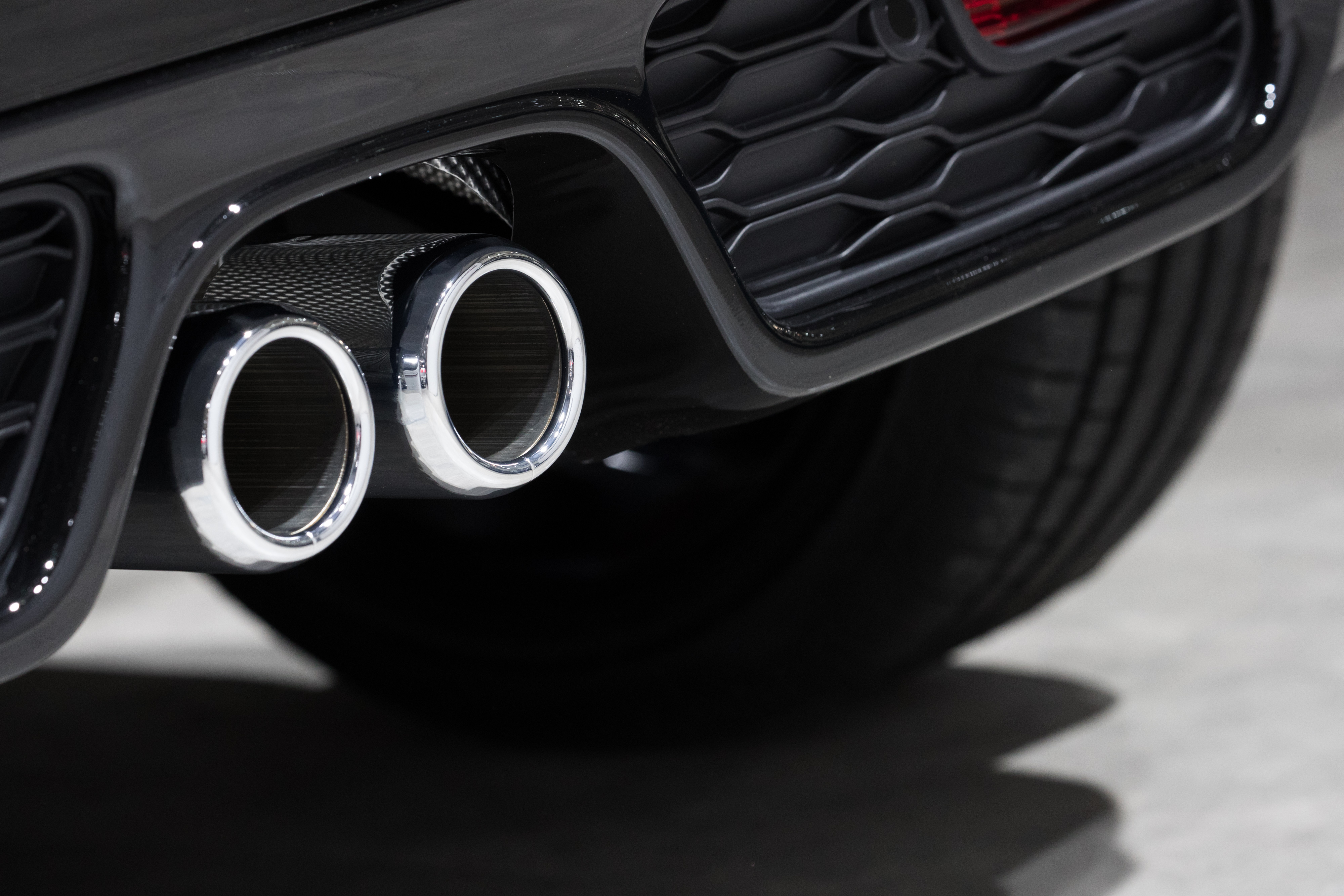Noise cameras: what they are and how they detect ‘excessively noisy’ cars
Transport secretary warns of ‘very serious health impacts’ linked to loud vehicles

A free daily email with the biggest news stories of the day – and the best features from TheWeek.com
You are now subscribed
Your newsletter sign-up was successful
“Noise cameras” are being introduced as part of a clampdown on vehicles with “excessively noisy” exhausts.
The Department for Transport has commissioned “prototype noise camera” technology that is capable of measuring the volume of vehicles to check if they’re exceeding legal sound limits.
According to Auto Express, a number of existing ANPR (automatic number plate recognition) cameras across “several” locations will be retrofitted with noise detectors over the next seven months.
The Week
Escape your echo chamber. Get the facts behind the news, plus analysis from multiple perspectives.

Sign up for The Week's Free Newsletters
From our morning news briefing to a weekly Good News Newsletter, get the best of The Week delivered directly to your inbox.
From our morning news briefing to a weekly Good News Newsletter, get the best of The Week delivered directly to your inbox.
There are around 8,700 ANPR cameras operated by police across the UK, scanning some ten billion number plates per year and resulting in £472m worth of penalties over a five-year period, the magazine says. ANPR cameras with noise detectors, however, won’t be used to issue fines during the seven-month trial period.
Transport secretary Chris Grayling claims that noise pollution can have “very serious health impacts” and “makes the lives of people in communities across Britain an absolute misery”.
“This is why I am determined to crack down on the nuisance drivers who blight our streets,” he added. “New technology will help us lead the way in making our towns and cities quieter, and I look forward to seeing how these exciting new cameras could work.”
How do they work?
A free daily email with the biggest news stories of the day – and the best features from TheWeek.com
In a similar fashion to speed traps, noise detectors will trigger the camera to take a picture of vehicles if the camera’s microphone identifies sound levels above the legal limit, the BBC reports.
The camera will snap a photograph of the offending vehicle’s number plate, which the police will use to look up the driver’s address and issue a fine, the broadcaster adds.
What is the legal noise limit for cars and bikes?
The legal noise limit for a vehicle’s exhaust for cars in both the UK and across the European Union is 74 decibels.
There’s a slightly higher limit for motorbikes, which ranges between 82 and 86 decibels, says MCN.
Exhausts and silencers can deteriorate over time and are therefore less effective, so police typically prosecute drivers with vehicles emitting a sound of over 90 decibels, notes MCN.
Police can issue drivers and riders with fines of £50 if they’re deemed to be in control of an excessively loud vehcile, the magazine says.
-
 The environmental cost of GLP-1s
The environmental cost of GLP-1sThe explainer Producing the drugs is a dirty process
-
 Greenland’s capital becomes ground zero for the country’s diplomatic straits
Greenland’s capital becomes ground zero for the country’s diplomatic straitsIN THE SPOTLIGHT A flurry of new consular activity in Nuuk shows how important Greenland has become to Europeans’ anxiety about American imperialism
-
 ‘This is something that happens all too often’
‘This is something that happens all too often’Instant Opinion Opinion, comment and editorials of the day